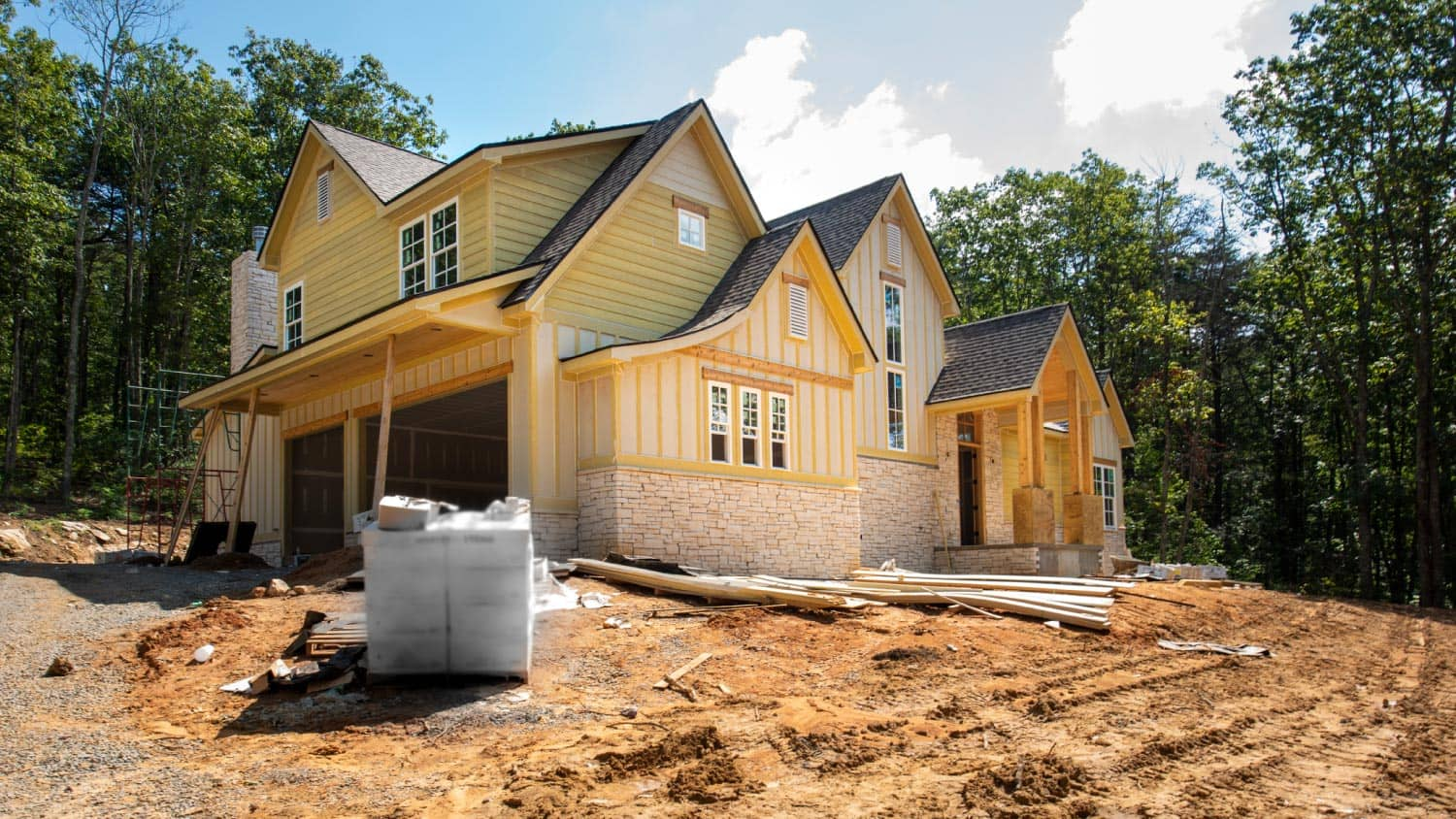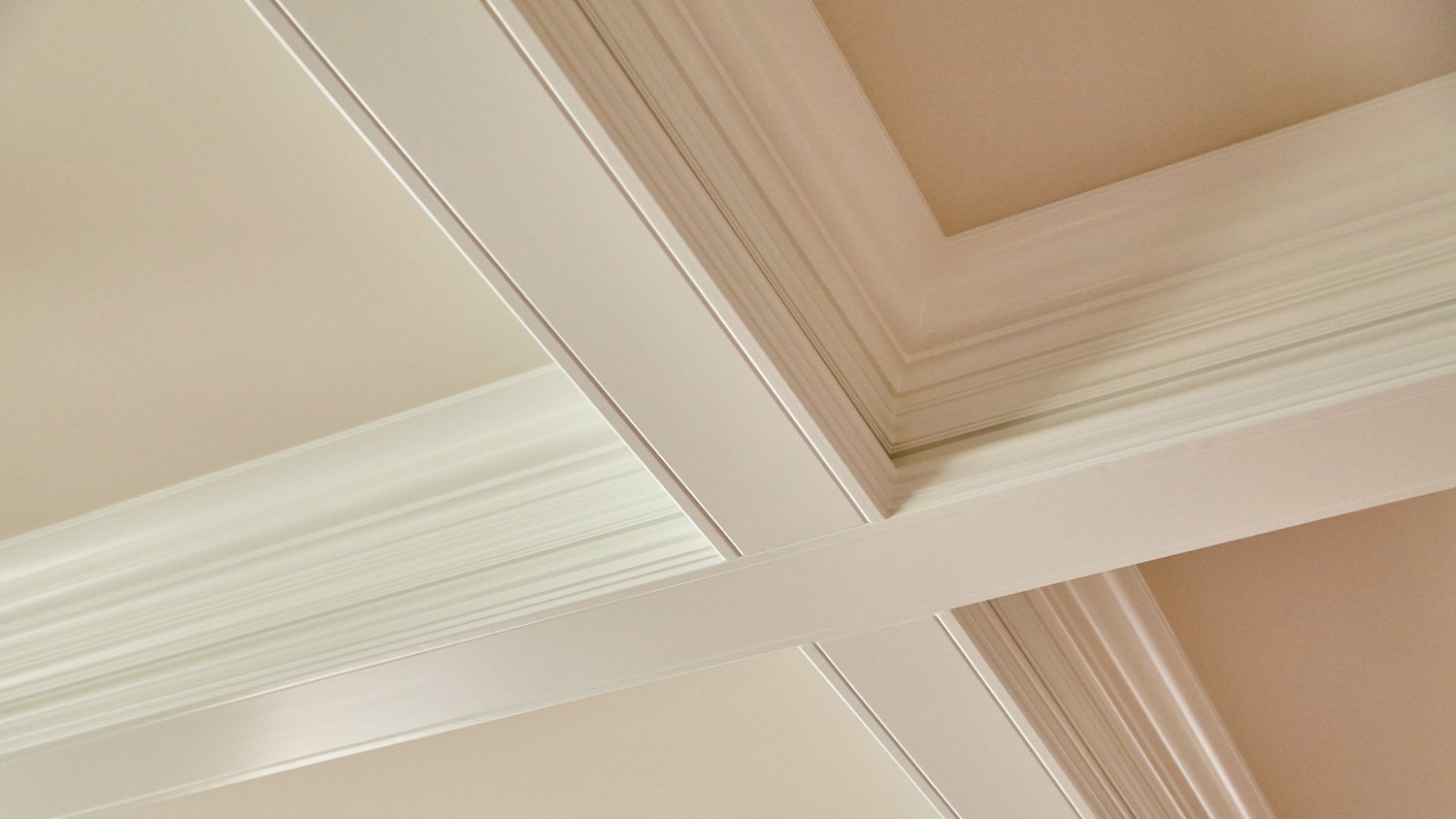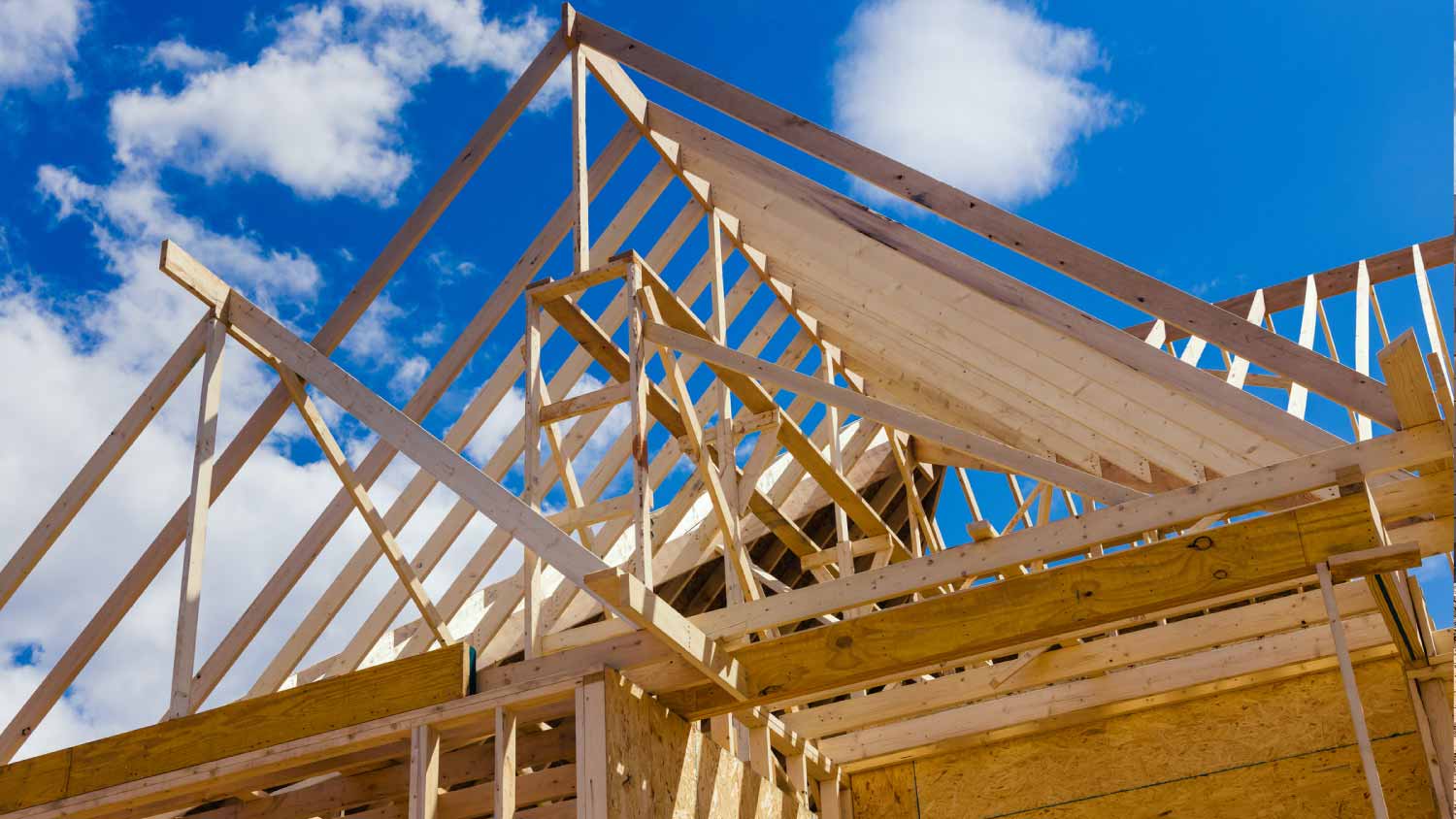
Most building projects and septic installations require soil testing to ensure proper drainage. Learn how much a perc test costs and what affects costs.
Failing to obtain a permit for your home project can be a costly mistake


Building without a permit could lead to costly fees for both the homeowner and contractors
The city may require you to demolish your work
Unpermitted work can also void warranties and affect the ease of selling your home
Homeowners should always confirm their contractors pulled permits before starting
If you’re a fan of binging home improvement shows, it’s tempting to tackle some DIYs over the weekend. But before you start knocking down walls, building a home addition, or adding new electrical sockets, take a few minutes to determine whether you need a permit for that. Failure to secure a permit for specific home improvement projects could cost you big time.
Building permits are not there to slow down the process but to make sure it runs successfully in the first place. A permit ensures that your project meets all local building codes, that the workers follow safety standards, and that the design serves the surrounding area. Some permits protect nearby structures, local drinking water, and local trees, for example.
Most importantly, you need a building permit to ensure no one gets hurt before or after the project. A permit confirms that a design is structurally sound and that the right professionals handle potentially dangerous work, such as working with electricity.
Despite the cost of a building permit—which averages about $1,600—a building permit will help you save money in the long run. Avoid fixing costly errors and maintain or raise your property value by ensuring the work is done correctly.
If you’re itching to start on your next project, spending several hundred dollars and waiting up to six weeks to begin might be a buzzkill. Some homeowners even skip the permitting process because they don’t want to wait. But, if you go ahead with your project, there could be expensive consequences.
If (when) the local building department discovers that you’ve been working without a permit, they may notify you to cease work until you receive the proper building permit. You may be charged $500 or more daily for violating building permit laws. Your county can also put a lien on your home if you don’t pay the fine.
Depending on the type of project, your county building department may ask you to demolish any work you’ve done. If, during a later inspection, a home inspector discovers issues that could compromise the safety of your home, the county may require that you demolish the entire project or pay to hire a professional to update the work properly. For example, if you need several permits to renovate a kitchen, and the last thing you need is to backtrack on all that work after the fact,
If you didn’t read your homeowners’ insurance paperwork carefully, you might be surprised to learn that unpermitted work could void your homeowner’s insurance. Your homeowners’ insurance company likely won’t pay for damages caused by unpermitted work. The insurance company won’t cover injuries sustained on your property related to the unpermitted project.
Completing home improvement projects to increase the value of your home is an excellent idea—unless you make the improvements without a permit. If a project (like the addition of a deck or privacy fence) occurred without the required permits, those updates wouldn’t improve the home’s value.
You are required, by law, to disclose any renovations or remodeling on the property. When you try to sell your home, you may be required to retroactively pay for permits for the improvements.
Housing departments have permitting requirements for various reasons. The primary concern with building permits is safety, zoning, and building codes. Depending on the project, the city may require periodic inspections to ensure safety and code compliance.
Most importantly, you risk safety issues when you complete work without a permit or hire someone willing to do the job without the proper licenses. Poorly executed electrical or plumbing work could be dangerous and expensive, so you want to ensure the work is top-notch.
Plenty of DIY and pro-jobs can go ahead without the town's stamp of approval. For the most part, decorative changes to your home that do not alter your house's plumbing, electrical wiring, or structural elements can go ahead without a permit—obviously, with exceptions. In the end, it's always best to double-check. Even though most contractors will do this leg work for you, the homeowner is ultimately responsible for pulling permits.
All this being said, here are some projects that are a safe bet to be permit-free:
Landscape maintenance
Adding decorative tile to floors, walls, and countertops
Add a stone walkway
Plastering holes in your wall
Completing a project without a permit could result in major fines or having to tear it down and start over. A reputable contractor can pull the necessary permits for you prior to starting a project.
My garage door torsion spring broke suddenly, but the repair team arrived fast and replaced it safely. They were professional, efficient, and polite. The door now works perfectly again—great job!
The staff is very professional and respectful. They communicate well with the customer. They pay attention to the small details and do their best to satisfy the customer. This is my first experience with them and of course I will repeat it.
It is the most effective thing I have ever seen. They emptied my entire house of belongings in under six hours after packing. From start to finish, it was flawless, but I could not help but worry that something would go wrong.
Maintain Motivation Construction did an excellent job with my home carpentry! Their precision, professionalism, and commitment to quality exceeded my expectations. Highly recommended!
Integrity!!! Ismael was very honest and told me he didn’t want to take on a job after he spent hours doing research. He didn’t want to risk me being unhappy. It’s not always about the money. As a business owner myself. I totally respect him for his honesty. Tried very hard to make it...
She was very fast and did a great job.
Great installation! Attention to details, on time, nice and clean job at the best price. I will strongly recommend hiring them again!
Very exceptional service with great people. They have reasonable pricing as well.
Very good service and labor. We recommend them completely.
Bob was on time, diligent and professional in repairing two problems with my jacuzzi. I would highly recommend him.
From average costs to expert advice, get all the answers you need to get your job done.

Most building projects and septic installations require soil testing to ensure proper drainage. Learn how much a perc test costs and what affects costs.

Recessed living rooms used to be popular but have fallen out of favor. This guide discusses the cost to raise a sunken living room to modernize your home.

Use our guide to calculate the cost to install a stair lift in your home. Prices depend on the type of stair lift, including the seat style and other advanced features.

Not sure what the difference is between coffered and tray ceilings? Learn the key distinctions in design, cost, and benefits to decide which ceiling style is best for your home.

Learn about the eight most common types of house framing, each with different pros and cons, ideal locations, and costs, to determine the best one for your build.

Learn about the pros and cons of hiring a general contractor to handle your home renovation project and why research to find the right one matters.